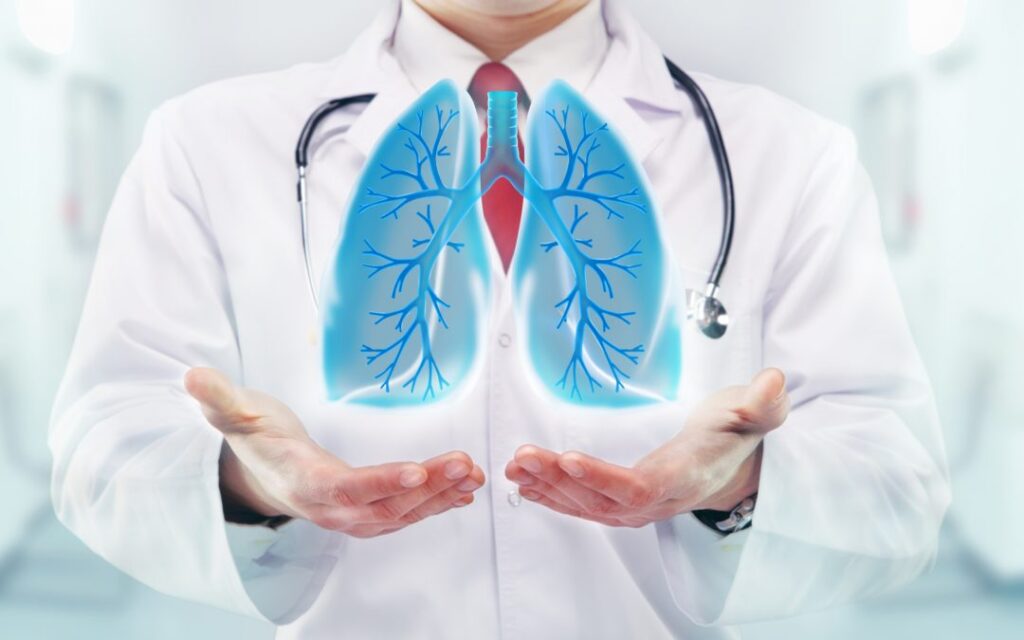According to study published last week in The Lancet, among patients hospitalized with coronavirus disease 2019 (COVID-19) in Wuhan, China, fatigue and muscle weakness, as well as sleep difficulties, were shown to persist in more than 1 in 4 patients after 6 months of recovery.
The nation’s top infectious disease expert, Anthony Fauci, MD, director of the National Institute of Allergy and Infectious Diseases, noted during a Keynote Presentation at the American Heart Association’s Scientific Sessions 2020 that up to a third of people will live with symptoms, such as profound fatigue and shortness of breath, for weeks or months after contracting COVID-19.
Respiratory problems are one of the problem that has been found and chest physiotherapy is one of the most important aspects of respiratory physiotherapy. And its importance has increased in the times of Covid-19. Chest physiotherapy has become the deadliest weapon again the Coronavirus. When a patient is suffering from any underlined respiratory disease, then, the secretions often get accumulated and increase the work of breathing. Physiotherapist plays an important role in decreasing the work of breathing, decreasing the secretions by following some techniques. These techniques prevent the lung from collapsing and provide better airway and expansion of the lungs.
Chest physiotherapy has always helped patients who are fighting serious respiratory illnesses and even Covid-19. It helps in :
- Removal of Secretions: Airway often gets blocked when the secretions get accumulated. By the use of different techniques such as postural drainage, percussion, vibration and coughing.
- To prevent Lung Collapse: Lung collapse is when lungs are unable to do the normal physiological function of breathing. It can happen due to various reasons. It can be because of the increase in work of breathing or the secretions accumulation. We use many techniques for the same.
- To improve the gaseous exchange or to optimize the ventilation-perfusion ratio: By the few techniques such as active breathing exercises, relaxation techniques, spirometry, we can improve the gaseous exchange and can optimize the ventilation-perfusion ratio.
- To decrease the work of breathing: When there is an increase in the airway resistance, then the lung compliance decreases which increases the work of breathing which may result in respiratory failure. Physiotherapists perform various chest physiotherapy techniques and can decrease the work of breathing.
Techniques Used:
- Percussion
- Vibration
- Postural Drainage
- Early Mobilisation
- Forced Expiratory Techniques
- Positioning

